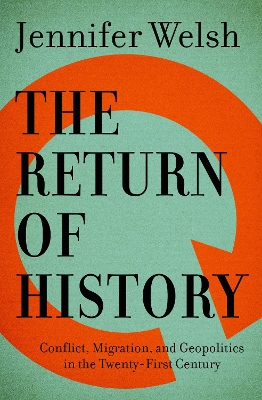In 1989, as the Berlin Wall crumbled and the Cold War dissipated, the American political commentator Francis Fukuyama wrote a famous essay, entitled "The End of History." Fukuyama argued that the demise of the confrontation between Communism and capitalism, and the expansion of Western liberal democracy, signaled the endpoint of humanity's sociocultural and political evolution, the waning of traditional power politics, and the path toward a more peaceful world. At the heart of his thesis was the audaciously optimistic idea of "progress" in history.
But a quarter of a century after Fukuyama's bold prediction about transcending the struggles of the past, history has returned. The twenty-first century has not seen unfettered progress toward peace and a single form of government, but the reappearance of trends and practices many believed had been erased: arbitrary executions, attempts to annihilate ethnic and religious minorities, the starvation of besieged populations, invasion and annexation of territory, and the mass movement of refugees and displaced persons.
This book will both illustrate and explain this return of history, and it will also argue how the reappearance of things deemed "barbaric" or "medieval" has a modern twist.
- ISBN10 1487001304
- ISBN13 9781487001308
- Publish Date 27 October 2016
- Publish Status Active
- Publish Country CA
- Imprint House of Anansi Press Ltd ,Canada
- Format Hardcover
- Pages 304
- Language English
